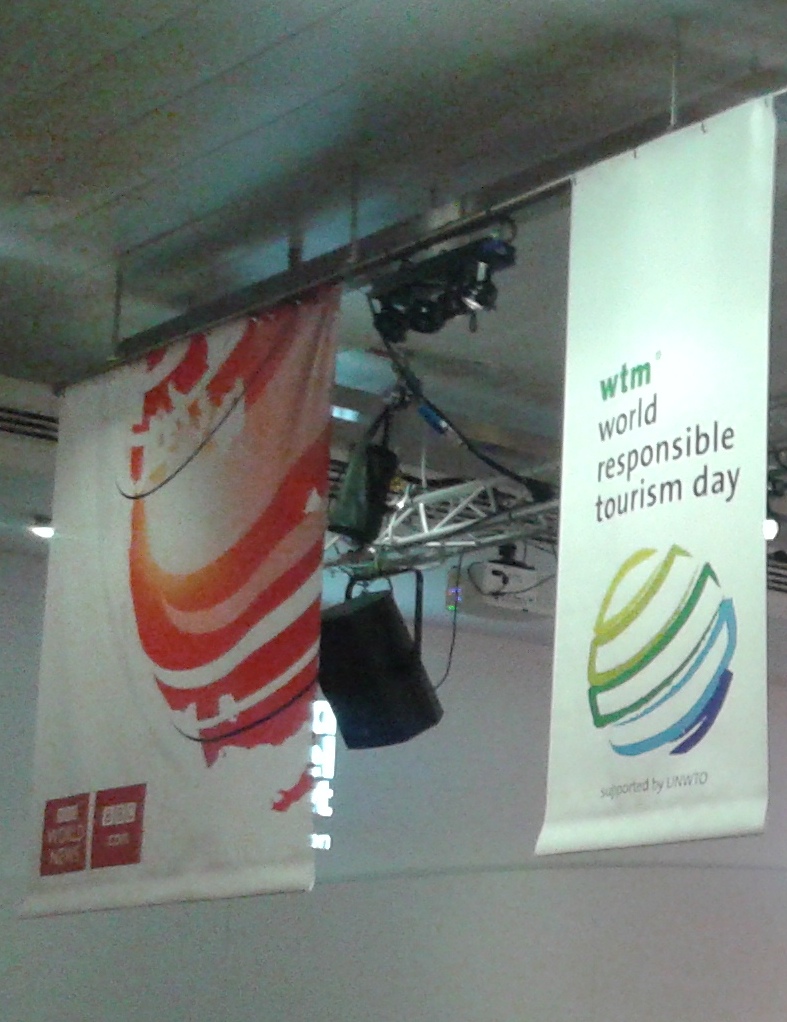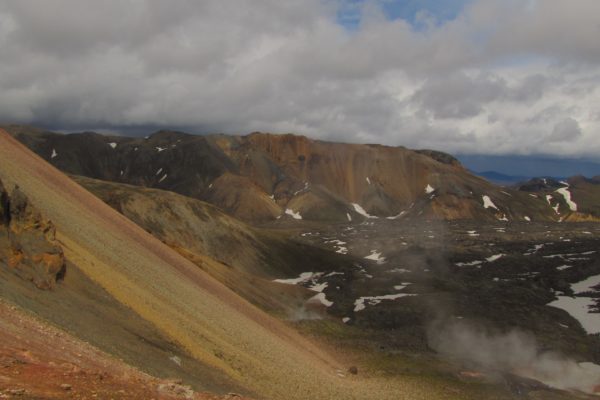The team at SustainbleVisit.com attended one of the largest travel and tourism events of the year-the World Travel Market in London. There was a full line-up of speakers, exhibitors, and attendees fully dedicated to the various issues of responsible tourism. Events included increasing the local economic impact of tourism, reducing energy and water consumption to better the bottom line, social inclusion (including greater accessibility for disabled people), child protection, and animal welfare in the tourism sector. Here are our top four lessons learned on sustainable and responsible tourism:
1. Optimizing travel and attractions for disabled people benefits everyone.
One speaker mentioned that there should be no excuse for not implementing ramps and elevators to improve access to historic sites for disabled people. The Colosseum in Rome, which dates back to the First Century CE, has been made wheelchair accessible. “If they can do it, surely your twenty-year-old building can be accessible” one speaker noted.
Another speaker said that in his hotel, once he optimized a few rooms for disabled people, everyone requested to reserve those rooms. “The rooms are spacious and the layout is more convenient. Everyone loves them so I had to transform all of the rooms to be disabled-friendly.”
2. The tourism industry has a crucial role to play in protecting wildlife.
Is a dolphin worth more alive than in the cooking pot? For many places, it’s the latter. According to one World Travel Market speaker, rhino bones are worth more than high-priced goods such as gold and cocaine, so it’s a real challenge to protect the species from extinction. The role of the travel and tourism industry is to bring economic value to keeping dolphins, rhinoceroses, and other animals alive (and thus ecosystems healthy). Travelers can support conservation tourism and ecotourism activities that enable the local community to choose wildlife protection over destruction.
Conservation should pay for itself with the 4 Cs: Conservation, Culture, Commerce and Community.
3. Stop elephant-riding and animal-petting.
A member of the SustainableVisit.com team at the conference had a discussion with a wildlife tourism operator from Australia, who could not be missed by her rimmed hat and bright smile. “Soon after speaking with the Australian wildlife expert, I bowed my head in shame as I learned that my visit to a local nature center in Perth was actually doing more harm than good to the animals. Although it is still controversial and still subject to debate among those in the wildlife tourism industry, petting koalas is a bit like riding elephants-awful for the upbringing of the animal. I learned from the panel that baby elephants are subject to extreme abuse and mistreatment in order to make them docile enough to be controlled by humans.”
Take-home message: enjoy wildlife without touching. Check out Intrepid Travel’s Why We No Longer Ride Elephants article.
4. Don’t turn a blind eye to child abuse and sexual abuse in the travel and tourism industry.
Think Asia when you think of child workers and sex trafficking? Think again. Victims can be found unfortunately on every corner of the Earth. One UK border officer at the World Travel Market told us that many sex tourists from the UK head to Spain, where the age of consent was thirteen until recently.
For travellers, if you see children begging in the streets or children selling souvenirs, this is a sign that the children may be physically abused-and maybe sexually abused later. Alert the authorities and do not turn a blind eye.





